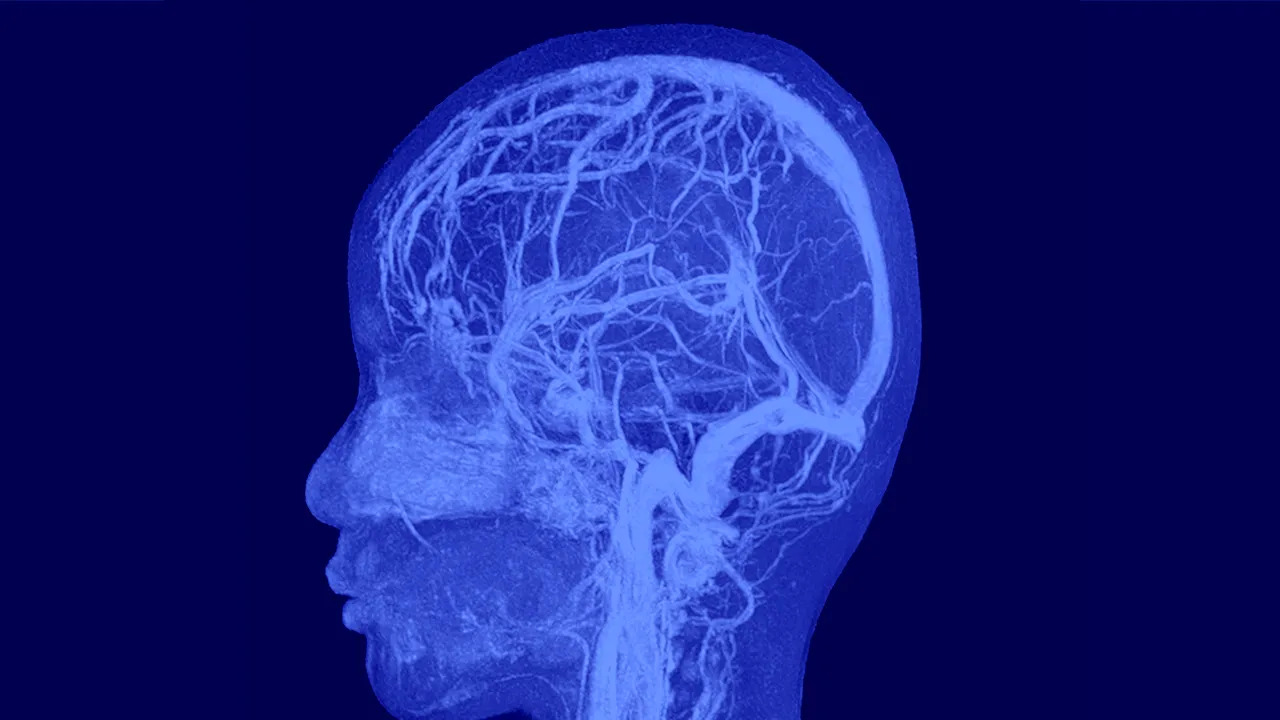Cerebral edema is a medical condition that occurs when there is an accumulation of fluid in the brain. This condition can be life-threatening and requires immediate medical attention. Cerebral edema can occur for various reasons, including head injuries, infections, tumors, and other medical conditions.
Cerebral edema can occur due to various reasons, including:
• Traumatic Brain Injury: Traumatic brain injury (TBI) is one of the leading causes of cerebral edema. For example, TBI can occur due to a blow to the head, a fall, or a car accident. The injury can cause swelling in the brain, leading to cerebral edema.
• Infections: Infections like meningitis and encephalitis can cause cerebral edema. These infections can cause inflammation in the brain, leading to an accumulation of fluid.
• Tumors: Brain tumors can cause cerebral edema. The tumor can press against the brain, causing swelling and an accumulation of fluid.
• Stroke: A stroke can cause cerebral edema. A stroke occurs when a blood vessel is blocked or ruptured in the brain, leading to a lack of oxygen and nutrients to the brain cells.
• High Altitude: High altitude can cause cerebral edema. This condition is known as high altitude cerebral edema (HACE). HACE occurs when a person travels to high altitudes without proper acclimatization. As a result, low oxygen levels at high altitudes can cause swelling in the brain.
The symptoms of cerebral edema can vary depending on the severity of the condition. However, some of the common symptoms include:
• Headache: A severe headache is one of the most common symptoms of cerebral edema. The headache can be persistent and severe.
• Nausea and Vomiting: Nausea and vomiting can occur due to the pressure on the brain.
• Seizures: Seizures can occur due to swelling in the brain.
• Confusion: Confusion and disorientation can occur due to pressure on the brain.
• Loss of Consciousness: In severe cases, loss of consciousness can occur.
The diagnosis of cerebral edema involves a physical examination and various tests. First, a neurological exam is performed to detect any abnormalities in brain function. Then, imaging tests such as a CT scan or an MRI to check for any swelling in the brain are also requested.
The treatment of cerebral edema depends on the underlying cause and the severity of the condition. The primary goal of treatment is to reduce the swelling in the brain and prevent any further damage. The treatment options include:
• Medications: Medications such as diuretics can help reduce swelling in the brain. Steroids can also be prescribed to reduce inflammation.
• Surgery: In severe cases, surgery may be required to remove the excess fluid from the brain. The surgery may involve the insertion of a shunt to drain the excess fluid.
• Oxygen Therapy: Oxygen therapy can increase the oxygen levels in the brain, reducing swelling.
• Hyperbaric Oxygen Therapy: Hyperbaric oxygen therapy involves using high-pressure oxygen to increase the oxygen levels in the brain.
Prevention of Cerebral Edema:
Cerebral edema can be prevented by taking the following measures:
• Wearing a helmet while riding a bike or participating in sports.
• Avoiding high altitudes without proper acclimatization.
• Treating infections promptly.
• Managing medical conditions such as diabetes and hypertension.
Cerebral edema is a serious medical condition that requires immediate medical attention. The condition can occur for various reasons, including head injuries, infections, tumors, and other medical conditions. The symptoms and treatment of cerebral edema can vary depending on the severity of the condition. The primary goal of treatment is to reduce the swelling in the brain and prevent any damage. Cerebral edema can be prevented by taking the necessary precautions and managing medical conditions.

Comments are closed.